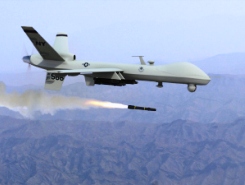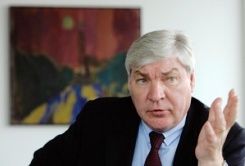By Kalinga Seneviratne | IDN-InDepth NewsAnalysis
SINGAPORE (IDN) – North Korea’s response to the United Nations Security Council’s expanded sanctions on January 22 by threatening to resume nuclear tests and failure last November of the Association of Southeast Asian Nations (ASEAN) to persuade the five recalcitrant nuclear powers to sign the Southeast Asia Nuclear Weapons-Free Zone Treaty (SEANWFZ) have focused attention on the atomic threat facing the Asian region that is fast emerging as the centre of the global economy.









